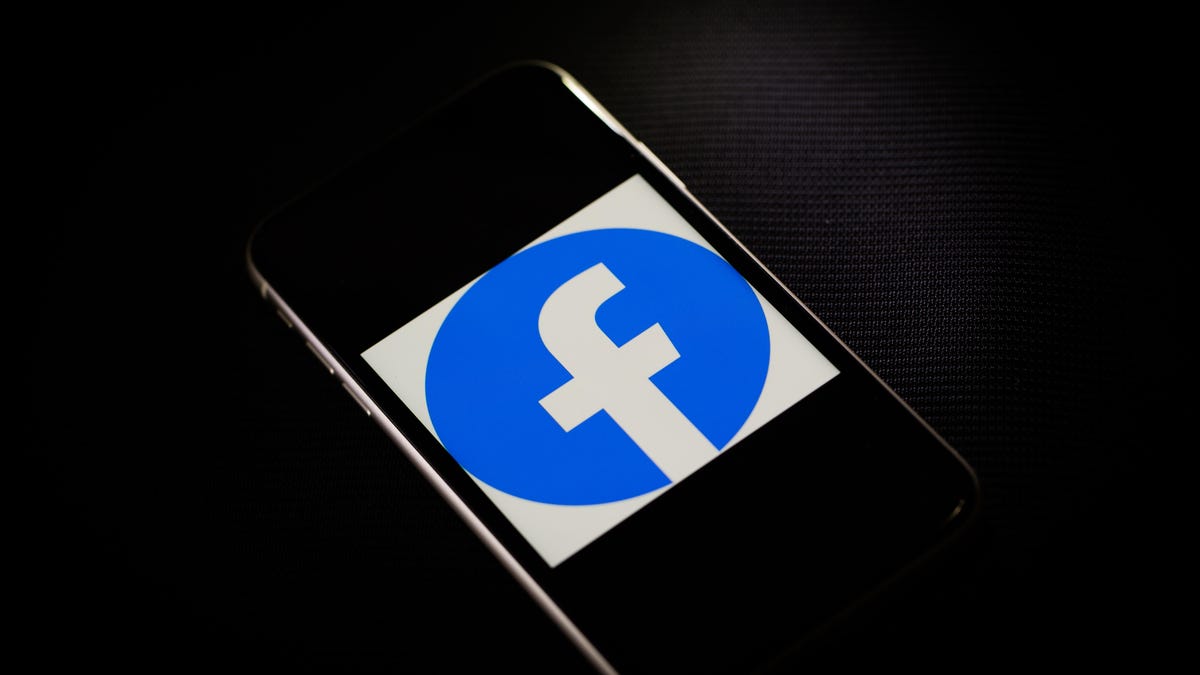Facebook says fake accounts used coronavirus content to attract followers
The company pulled down 1,887 misleading accounts, pages and groups in April tied to different countries.

Facebook released new data on Tuesday about account takedowns.
Facebook removed 1,887 accounts, pages and groups tied to Russia, Iran, the US and other countries in April that misled users about their identity and purpose, and some of these users shared posts about the coronavirus pandemic to attract more followers.
"We have seen threat actors leverage the coronavirus pandemic and discussion about the coronavirus pandemic in the same way that we've seen threat actors leverage other types of major events around the world," said Nathaniel Gleicher, who heads cybersecurity policy at Facebook, on Tuesday.
Facebook took down a total of eight networks of fake accounts, pages and groups that were created before the outbreak of COVID-19, the respiratory illness caused by the novel coronavirus . But the pandemic created an opportunity for some of the fake accounts to attract more followers or to drive people to their pages or websites.
This post from Georgia about the coronavirus features Prime Minister Giorgi Gakharia.
The largest network of accounts that Facebook removed in April was linked to media firm Espersona in Georgia that is now barred from the social network's services. The social media giant took down 511 Facebook Pages, 101 Facebook accounts, 56 Instagram accounts and 122 Groups. (Facebook owns the photo app Instagram.) Users posed as news outlets and used fake names and stock images. They also shared content about the coronavirus that violated Facebook's rules about harmful health information. Espersona didn't immediately respond to a request for comment.
In one post, Georgia's Prime Minister, Giorgi Gakharia, is shown standing in front of a yellow-and-black image that says "Kill Corona Volume 1." The post is a reference to "Kill Bill," a popular film written and directed by Quentin Tarantino.
In the US, a smaller network of fake accounts tied to anti-immigration website VDARE posted about how white people in certain states have been hit hard by the coronavirus. VDARE didn't immediately respond to a request for comment. Another network of accounts in the US was linked to QAnon, an online community that pushes right-wing conspiracies theories about a so-called "deep state" plotting to bring down President Donald Trump.
One post posted by a QAnon account includes a video that states it's a documentary about the origins of the coronavirus that the media isn't showing.
Ben Nimo, director of investigations at analysis company Graphika said in a tweet that influence operations and conspiracy groups "often have one main topic and they push that topic into whatever conversation they can."
Across the sets, there wasn't much on coronavirus. I'd characterise the posts about covid-19 as incidental to the pages' main purpose. Talking about it because, well, everyone else is. pic.twitter.com/L8uhz4CJfX
— Ben Nimmo (@benimmo) May 5, 2020
Gleicher said that each of the network of accounts had different goals unrelated to the coronavirus. Facebook also pulled down accounts tied to Mauritania and Myanmar in April.
"We saw them use content around coronavirus to further those goals in the same way that we've seen other actors do this so it was fairly opportunistic," he said. "If you're trying to build an audience, then you would want to use messages from the topic that everyone's already talking about, which is coronavirus right now."

